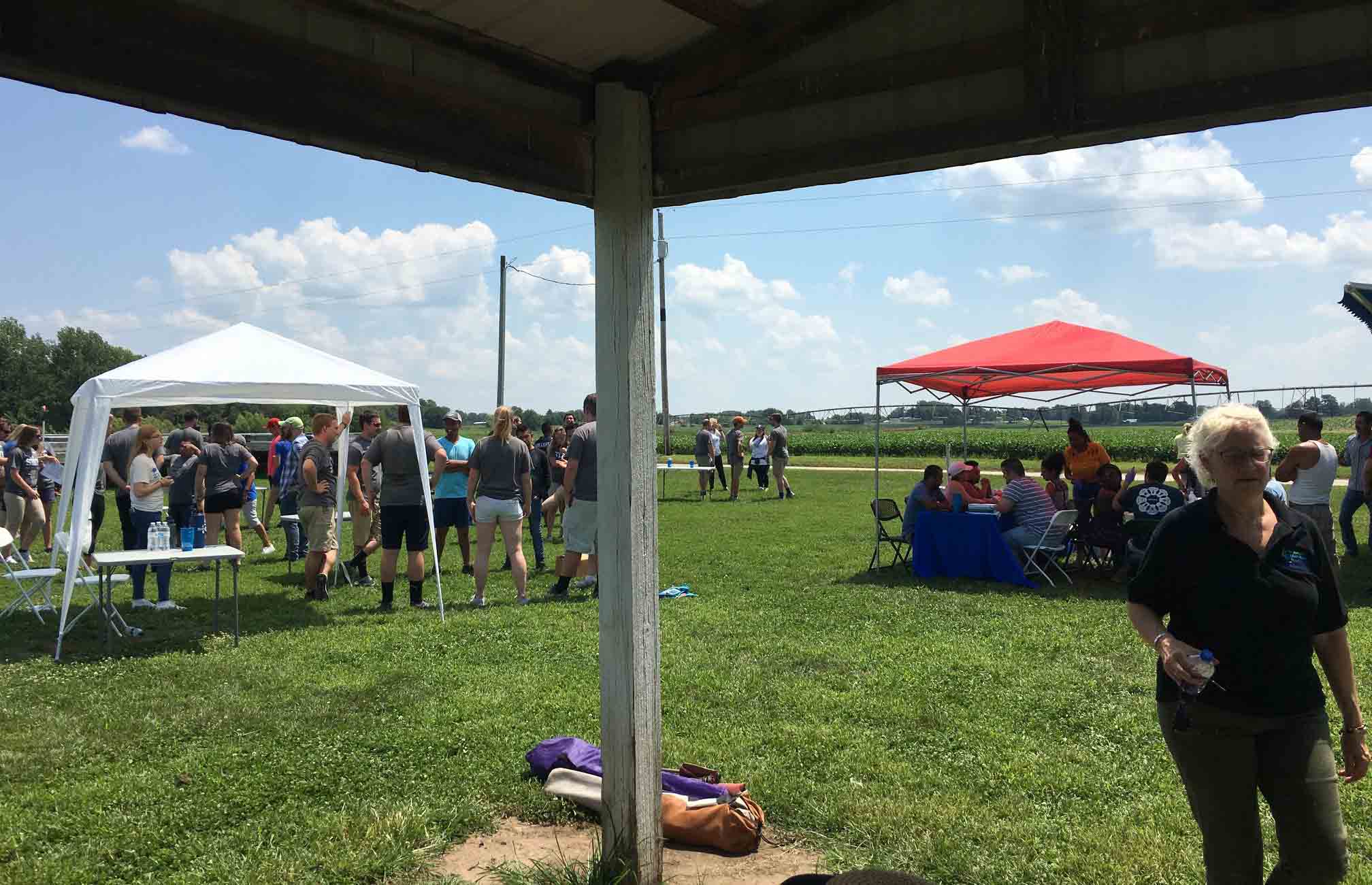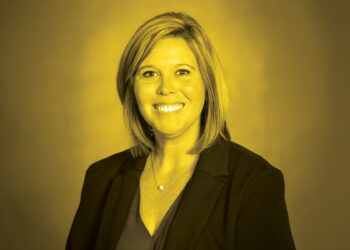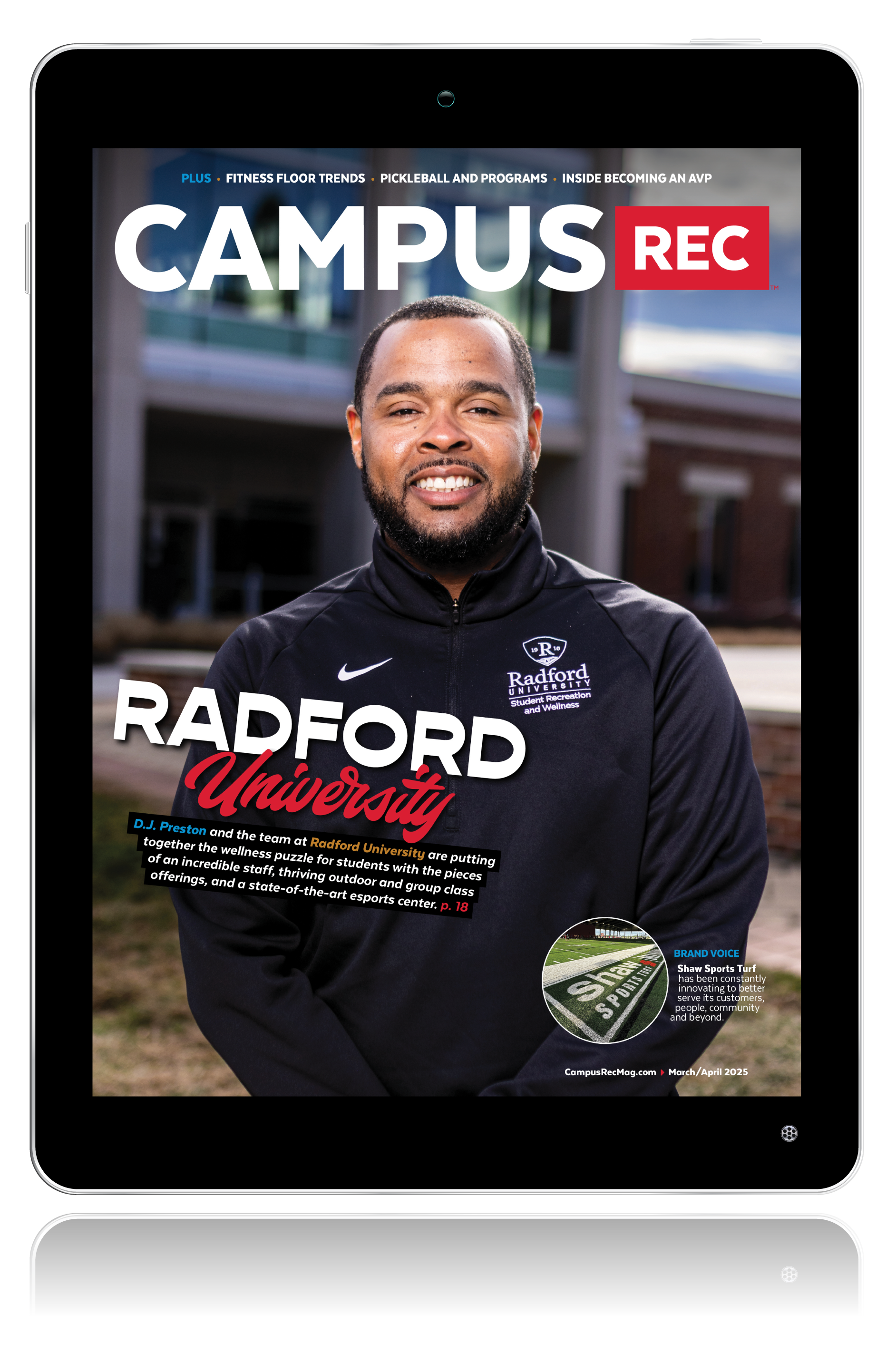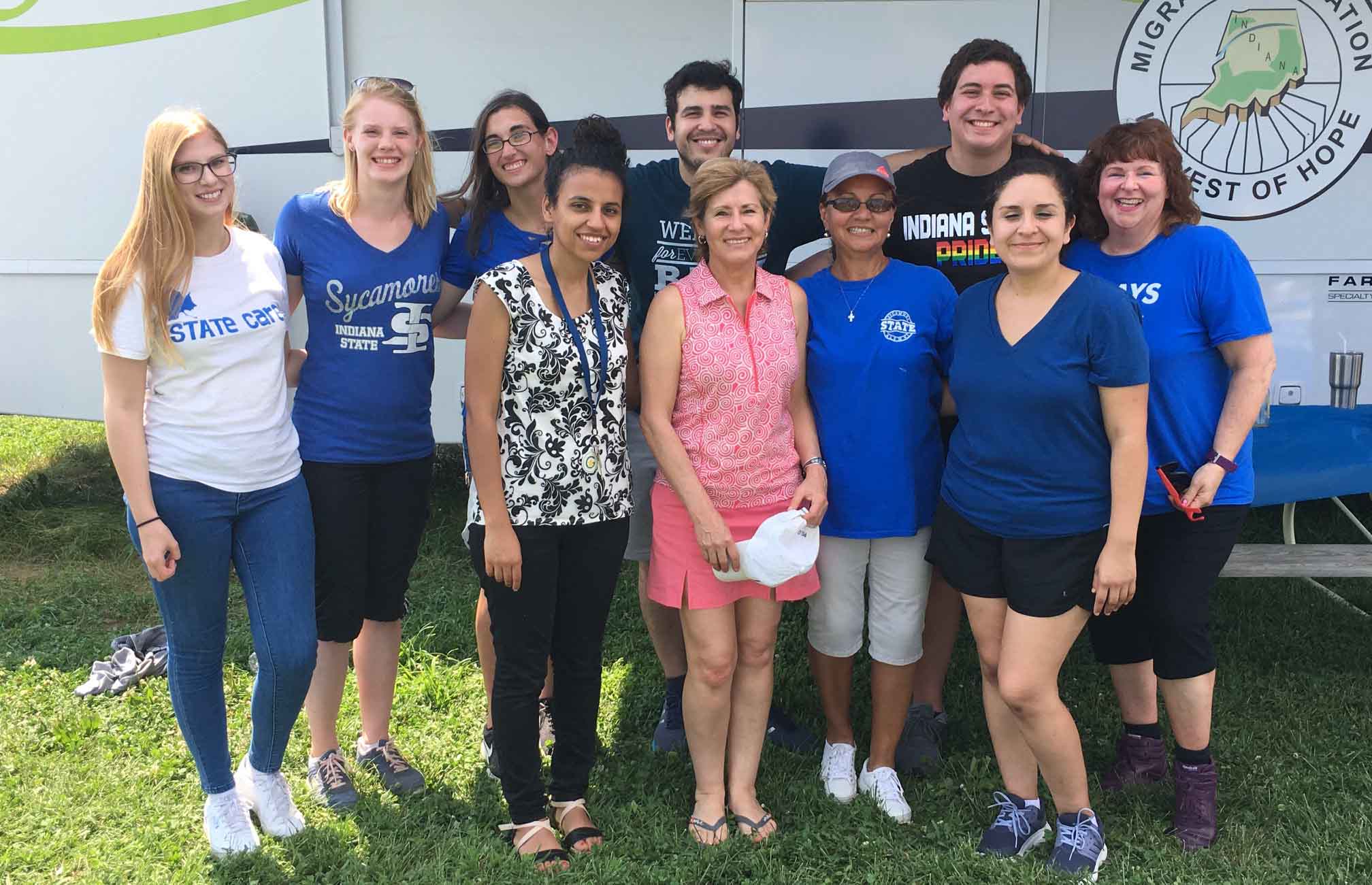
Unique partnerships will present themselves when and where you least expect them, often based on relationships you’ve built with people whom you’ve made it a point to get to know in your rec center. Those of us who work out at the rec center in the 6 a.m. time frame are not a huge group, so I’ve tried to get to know who they are. One of those members is faculty member Dr. Ann Rider, the chair of languages, literatures and linguistics.
Dr. Lindsey Eberman, the program director for the doctorate in athletic training (DAT), talks about how the project came about that encompassed the departments of applied medicine and rehabilitation, applied health sciences, campus recreation, and languages, literatures and linguistics: “DAT is the first and only accredited post-professional athletic training program in the country. Our students come to Indiana State University (ISU) to advance their knowledge and become leaders in the profession of athletic training. They are currently practicing, licensed and certified athletic trainers working around the country. The collaboration came about as Dr. Scott Sterling and I were discussing his area of expertise in linguistics and a recent project I was working on regarding language barriers in patient care. I reached out to Dr. Sterling and Dr. Rider in the late spring to discuss the possibility of engaging in an experiential learning opportunity that would allow my students to focus on communicating with migrant farmers with the aim of reducing work-related injuries, and for their students to aid in translation and providing advice and consultation on communicating with Spanish speakers at the migrant farm.”
Dr. Rider knew finding Spanish-speaking students on campus during the summer would be difficult but remembered from our conversations I was the co-advisor to the Hispanic Latino Alliance, our student organization. She reached out to me to ask if I wanted to participate in an upcoming project, and to help recruit Spanish-speaking students, staff or community members.
One of the students I had got to know in our rec center was Edgardo Soto Ramírez from Puerto Rico. He worked as a lifeguard and swim instructor and was here during the summer. I contacted him about the project, and as a fluent Spanish speaker, he was excited to participate. I also contacted other ISU alums and community members who were native Spanish speakers.
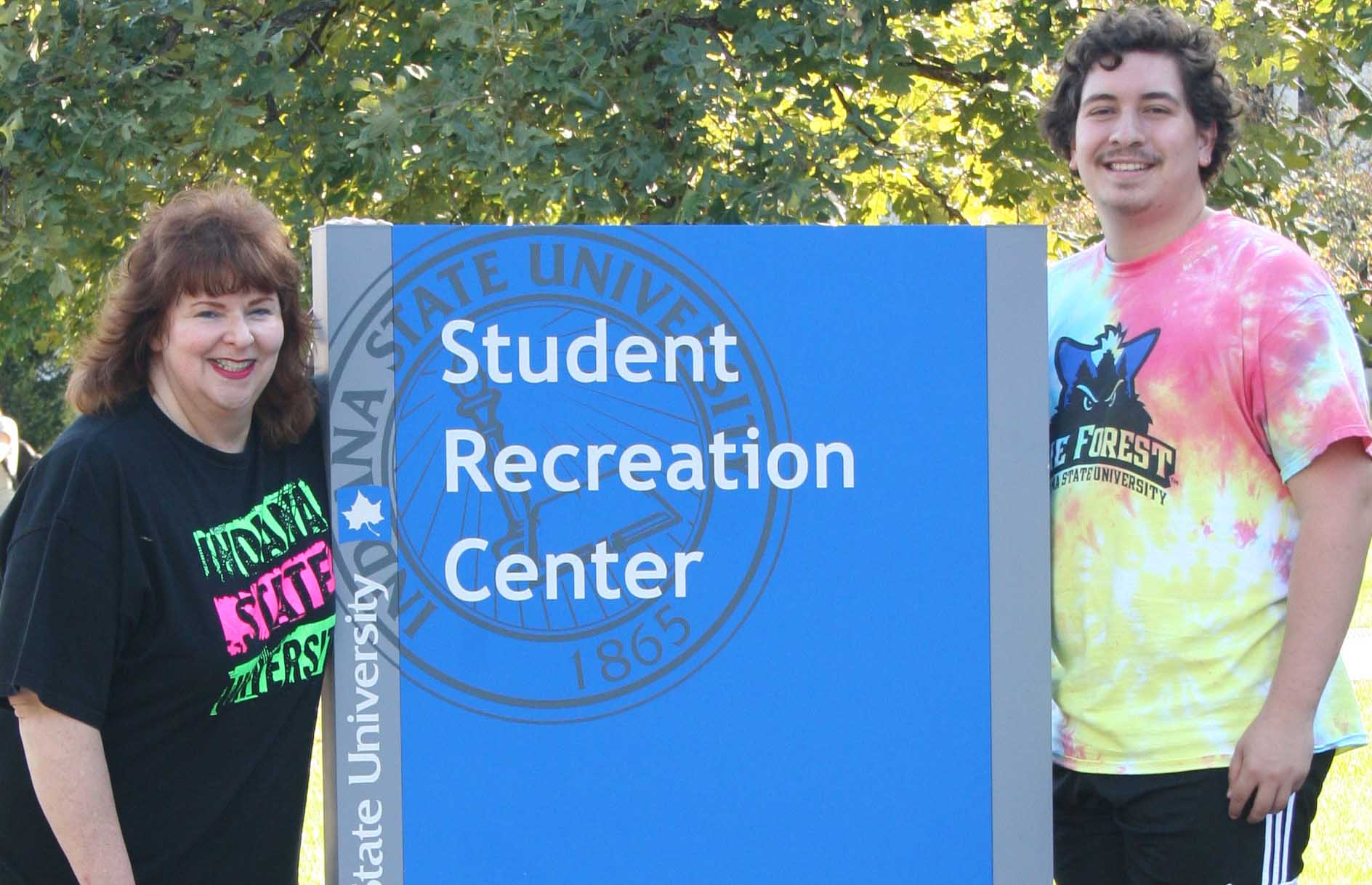
On the day of the event, a bus full of excited doctoral students, faculty, staff and Spanish-speaking community members were off to Melon Acres, a large melon farm south of Terre Haute, Indiana. During the event, biometric screenings were offered as well as exercises and stretches. The interpreters asked the workers what types of movements they did while working, and the DAT students provided specific exercises and stretches that addressed their movements throughout the work day.
Dr. Eberman felt this “was an exceptional learning experience for our students. They gained knowledge and experience in finding collaborations where you least expect them. It also offered a service to the farmers that is often not available. For some populations, access to health care is focused on their greatest priority, which is most often associated with cardiac conditions, diabetes, etc. Access to musculoskeletal health care is less common, but can cause chronic pain and eventually loss of work days and diminished quality of life. We were excited to connect with others in the Indiana community and improve the overall quality of life of the farmers.”
“What an incredible opportunity for our students to use their language skills in substantive and meaningful ways. It certainly gave them new insights into the needs of migrant workers in the U.S., the type of professionals who interact with them, and the linguistic and cultural needs of both,” remarked Dr. Rider. “Students particularly noted many workers were surprised that young people were willing to give their time. They weren’t just ‘serving’ people; they were getting to know who they are.”
Student Edgardo Soto Ramirez was excited to connect with doctoral students in an academic program he is interested in, as well as to help the Spanish-speaking community, “It was a great experience where I got the opportunity to represent ISU and the Hispanic/Latino community by helping interpret to provide an efficient health fair for farm workers,” he said.
I was excited to see this unique collaboration come to fruition, and I urge you to be open to new and exciting opportunities for unique partnerships in your rec center.
